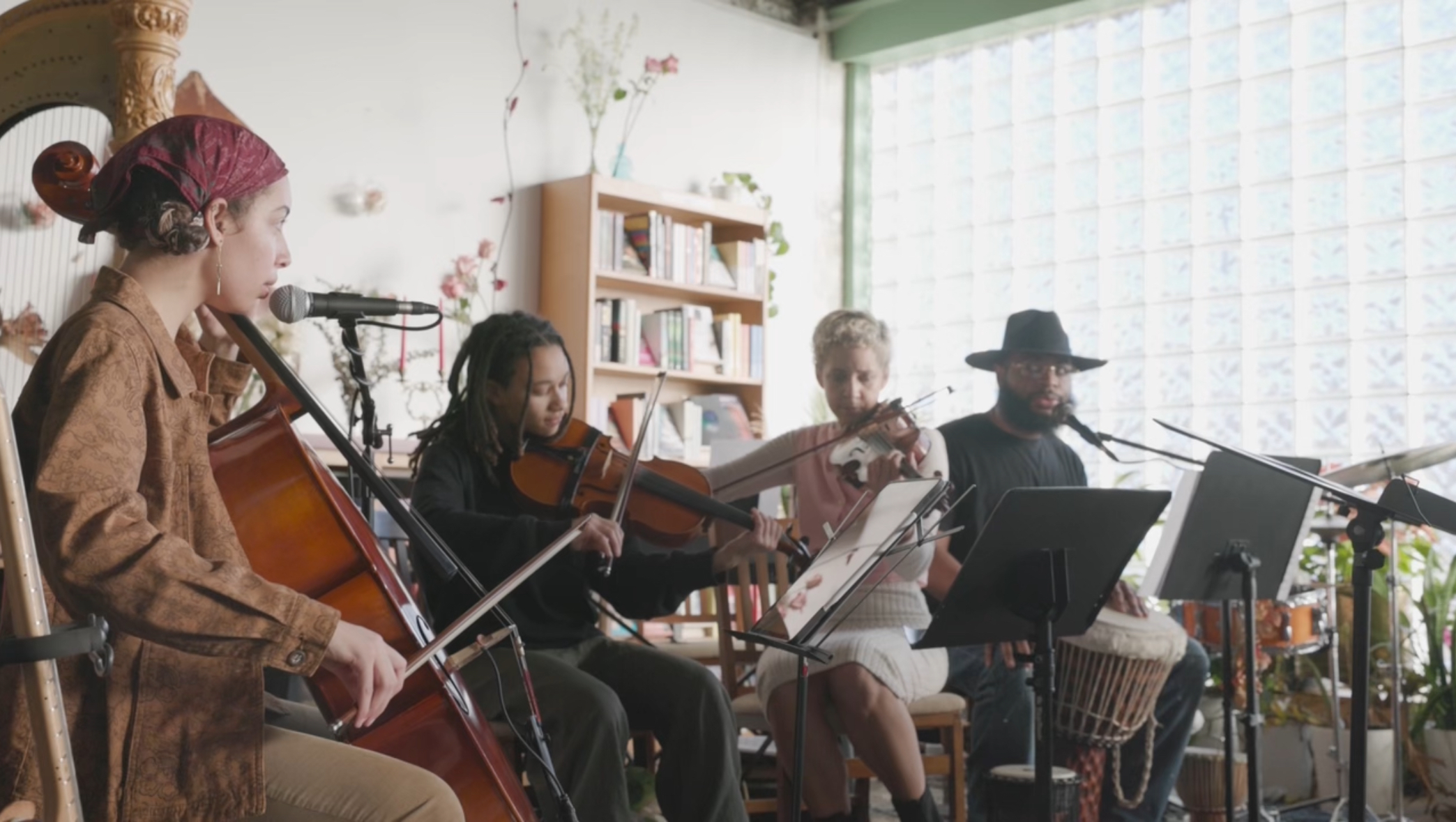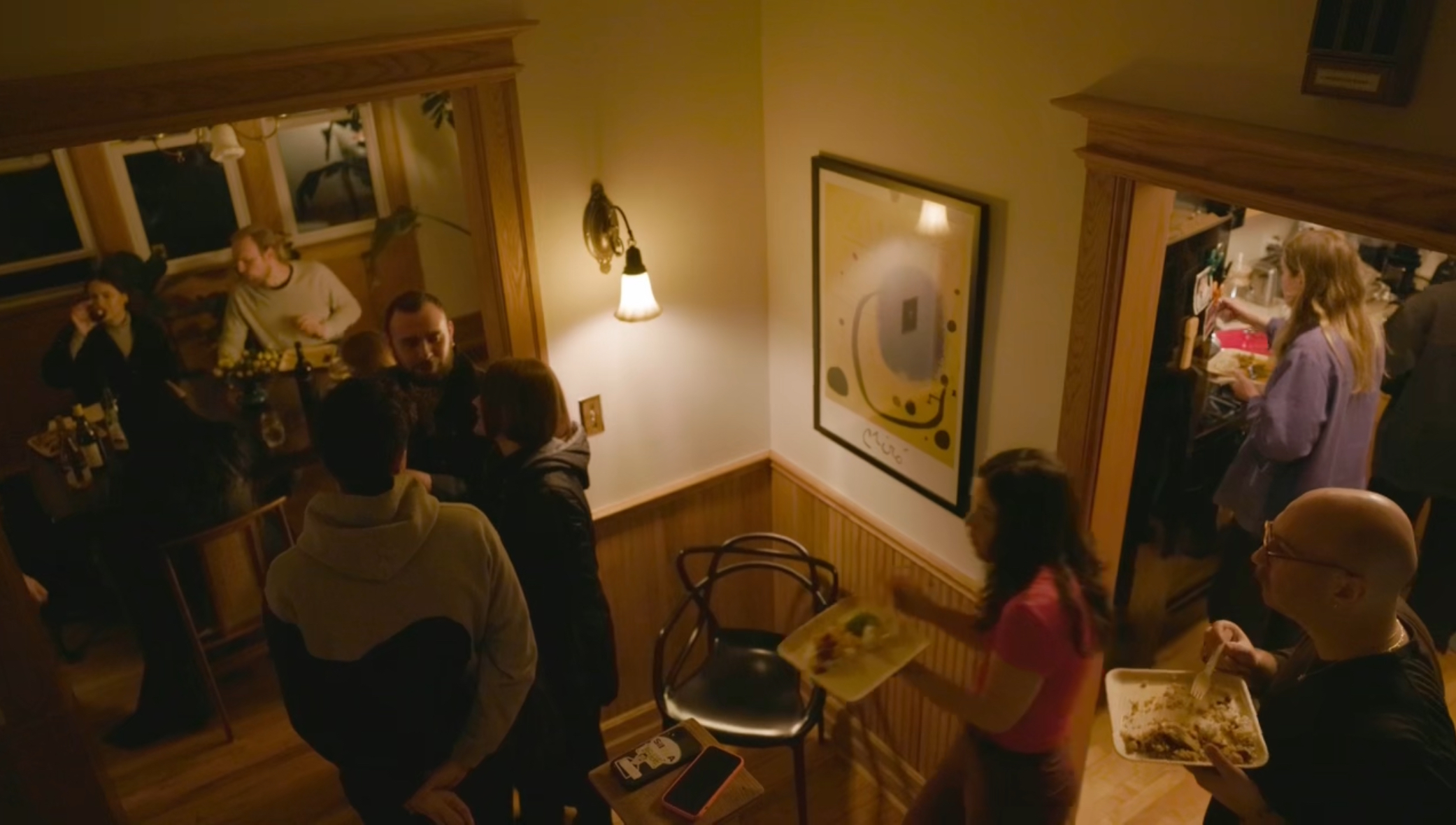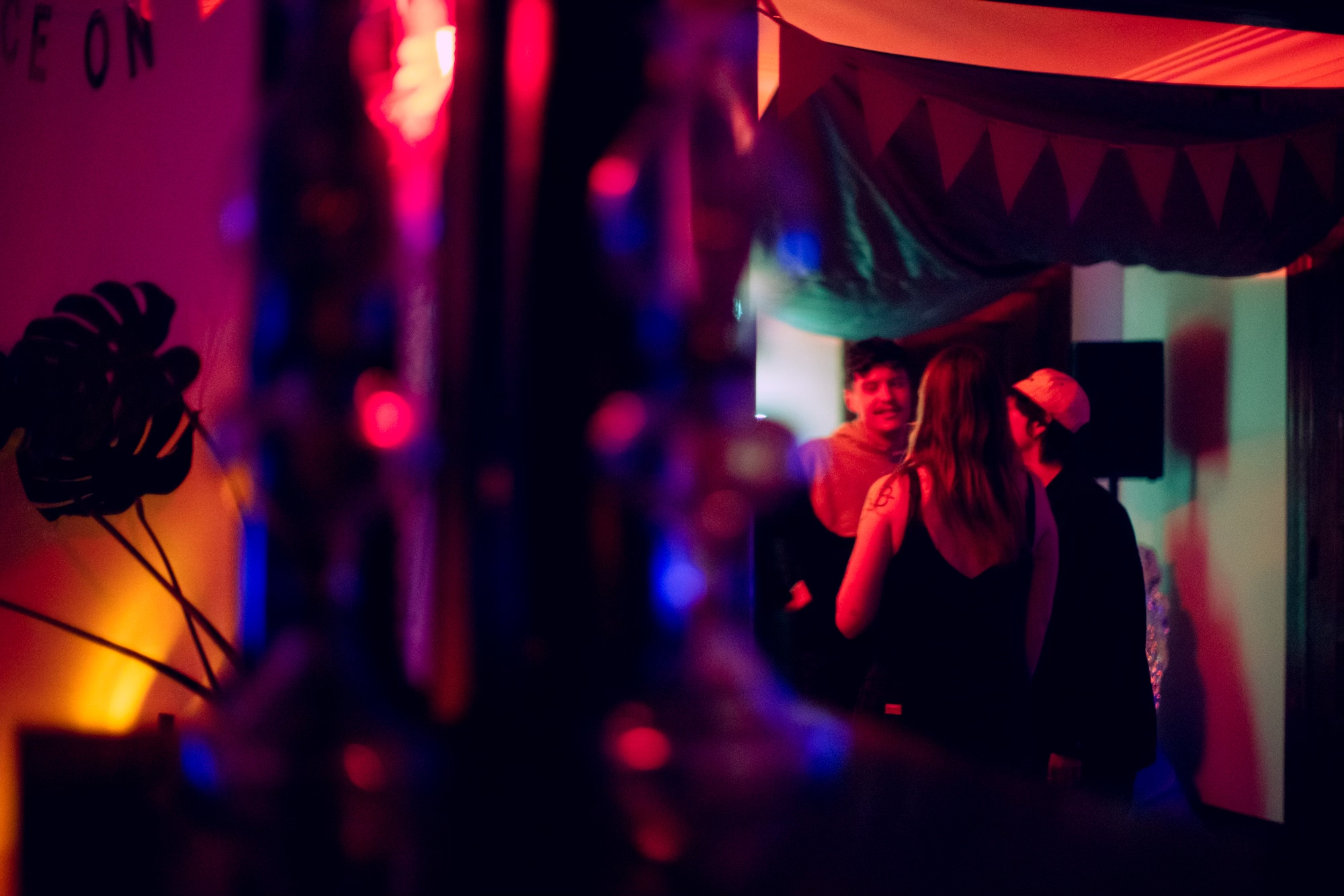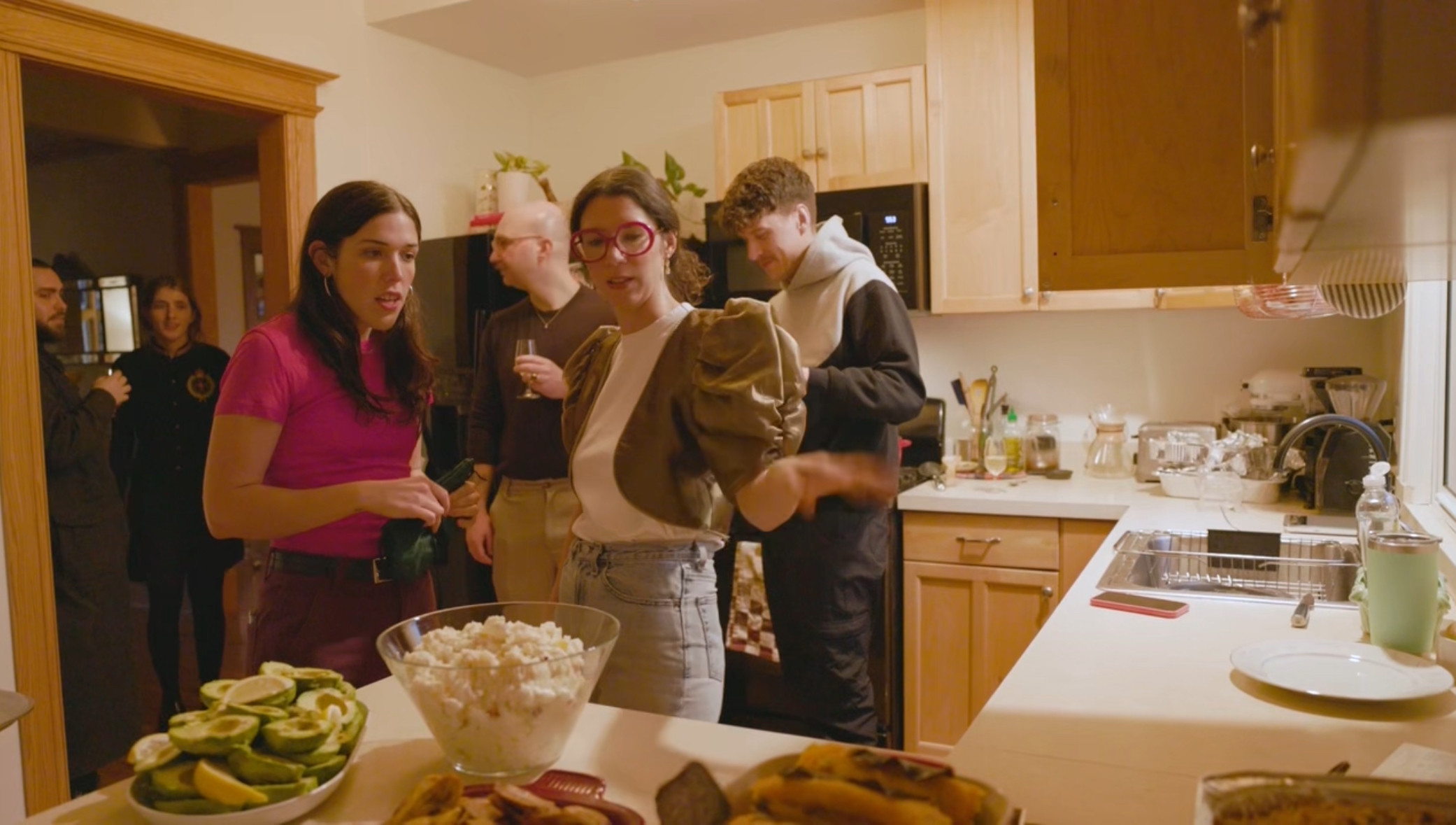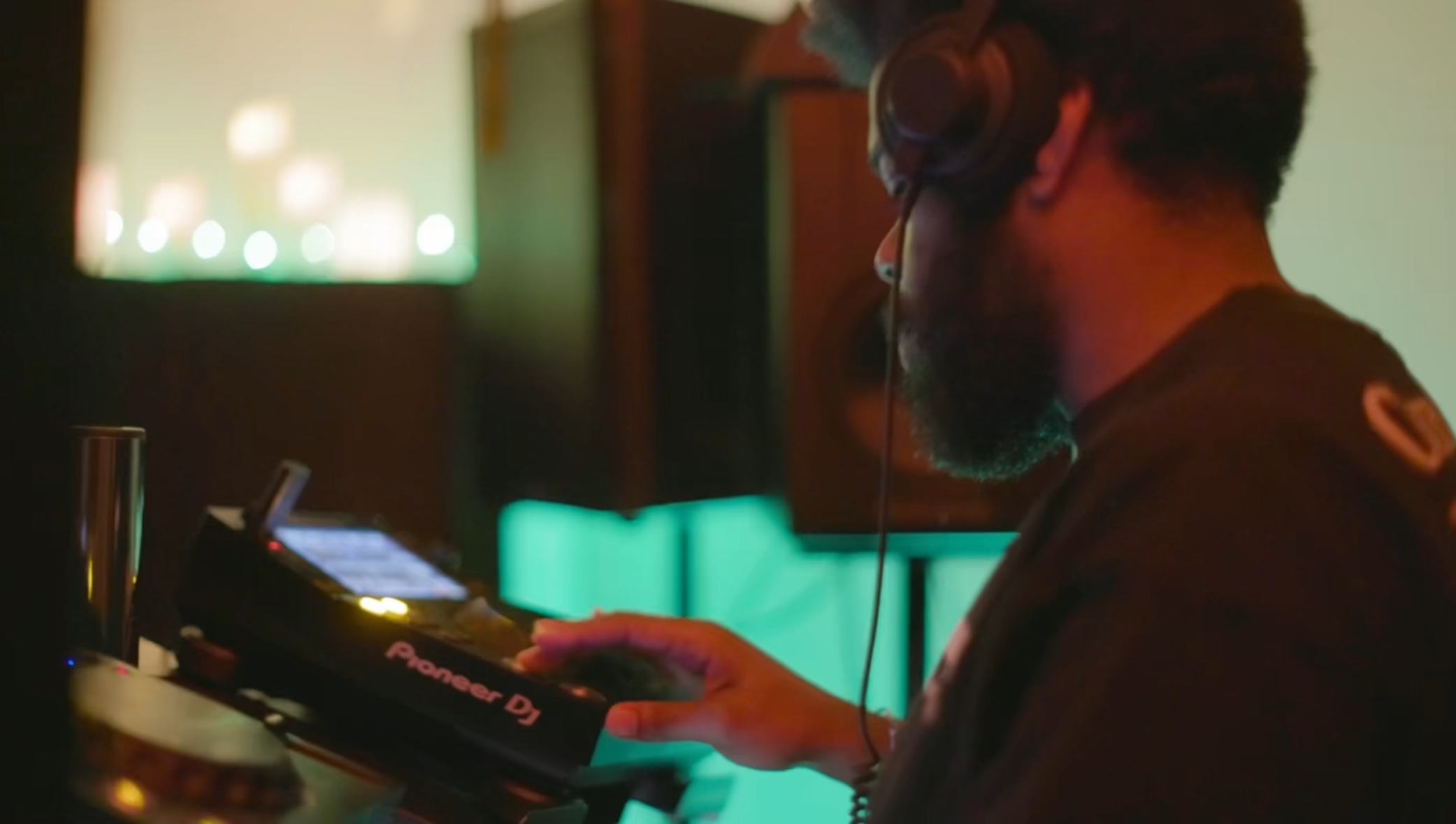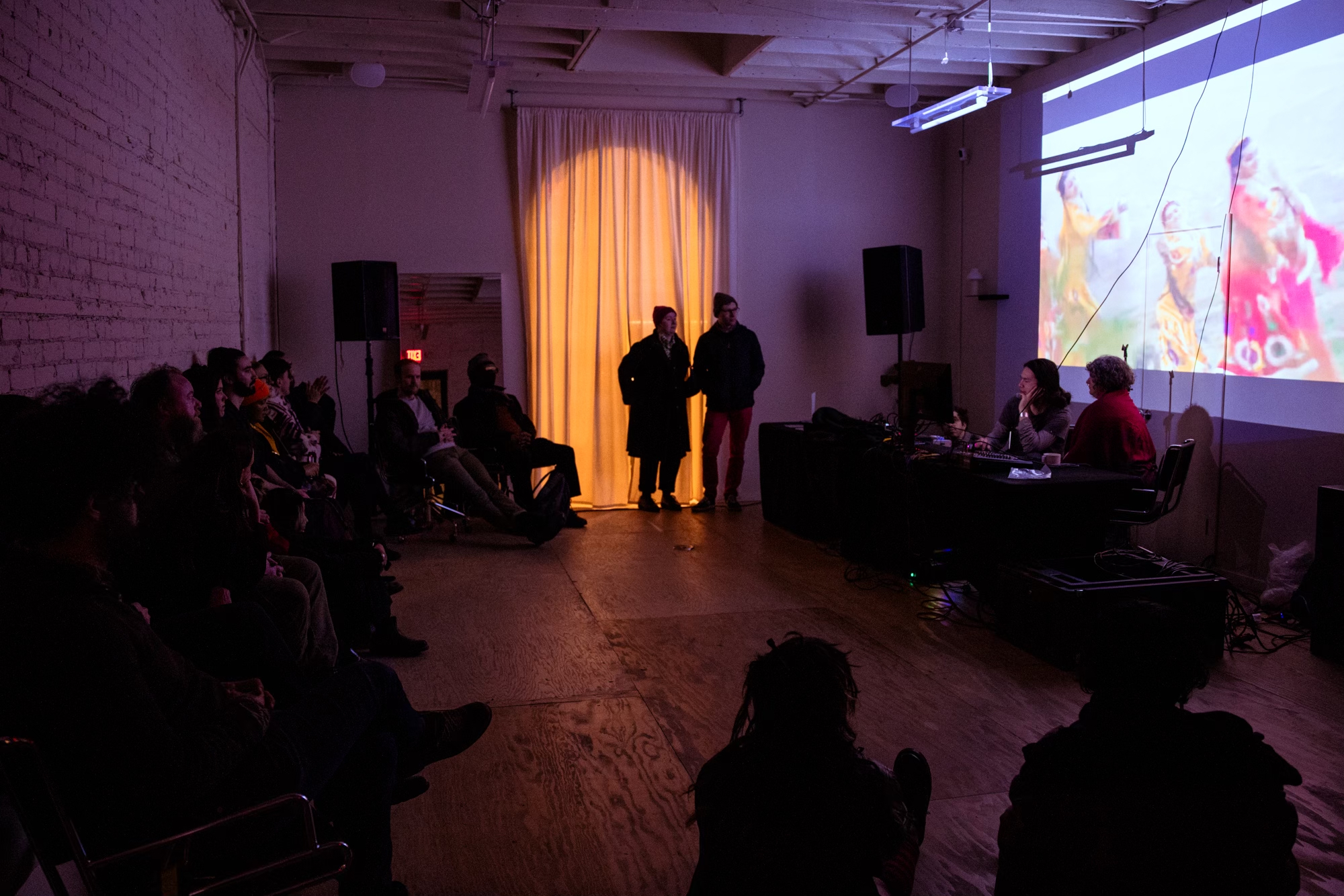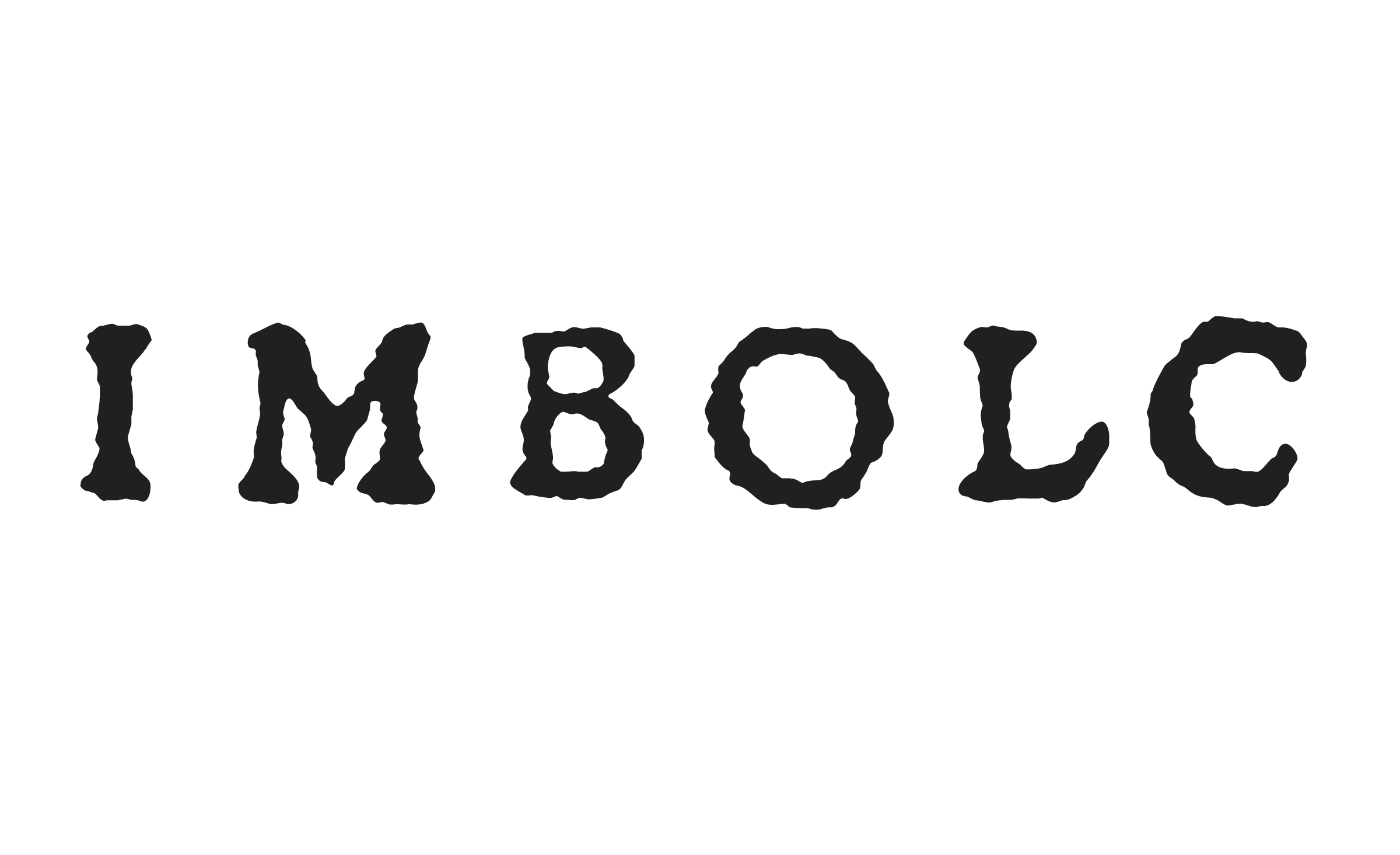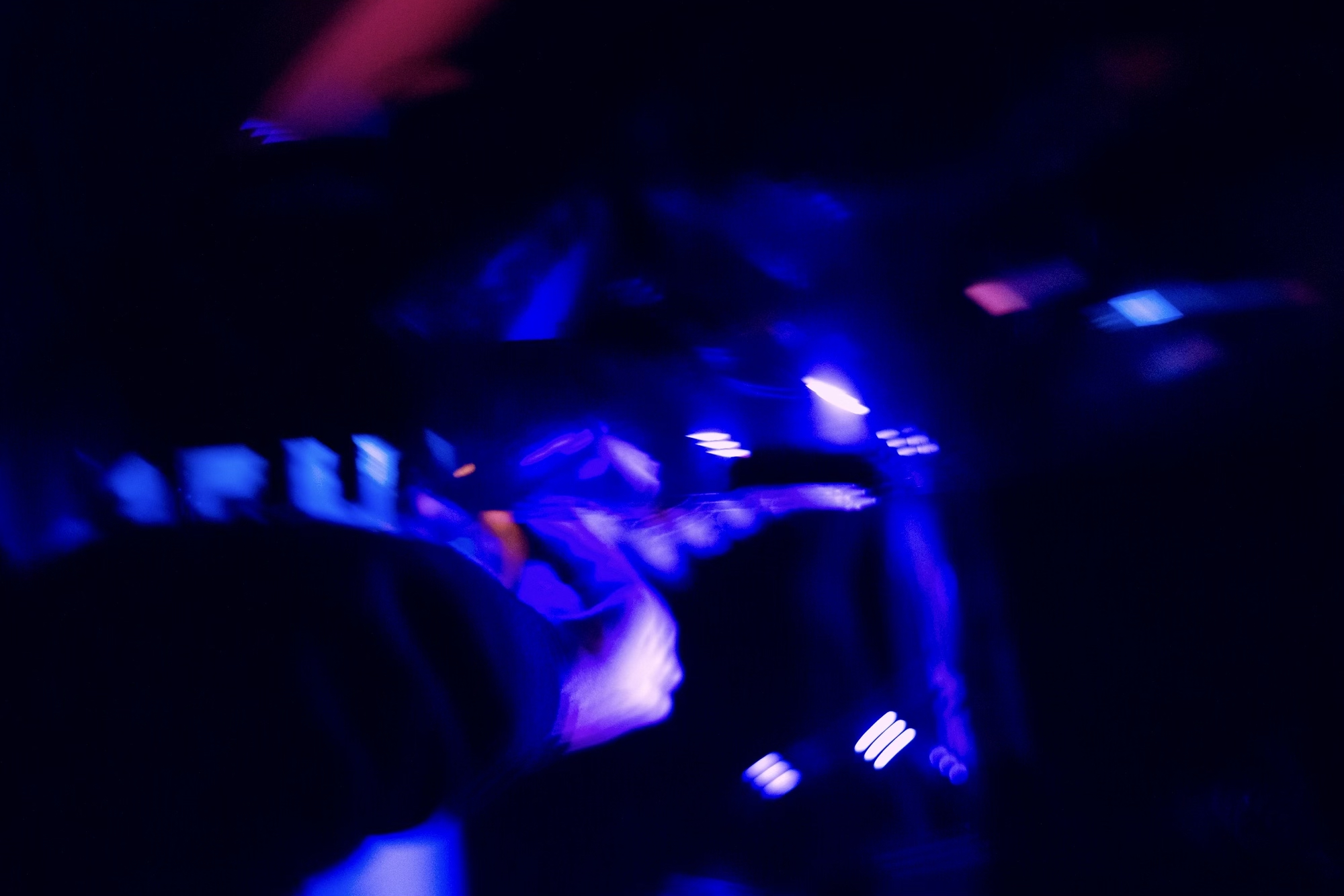
Image courtesy Liz Barney, 2024.
After the sparkle of the winter holidays, many look outward into gray. But as the days grow longer, the hint of warmth appears—and on the first weekend of February, Imbolc arrives.
The Celtic holiday of Imbolc marks the halfway point between the Winter Solstice (Yule) and Spring Equinox (Ostara). Literally translating to “in the belly” in Gaelic, it is the name of the holiday indigenous to the Gaelic and Celtic peoples across Ireland and Scotland. The holiday has its roots tied to livestock breeding, planting for the year’s harvest, and honoring Brigid, a queer goddess of healing, poetry, wisdom, and smithing—and whose lore includes performing ritual abortions.
Through the advent of Christianity and the colonization of Ireland and Scotland by the English, the holiday was sanitized, spayed, and stripped of its ancient roots. The closest equivalent we have in the United States is Groundhogs’ Day.
In other words, we replaced a female goddess with a groundhog.
Since 2023, I’ve led a network of nearly 30 artists, poets, organizers, and neighbors began to reclaim the holiday across homes, co-ops, small businesses, and nonprofit spaces in Detroit, Michigan. After the first dusk to dawn event in 2023, 16 more events have been held across 15 locations for Imbolc for nearly 1,000 people, transforming the holiday into a festival of art, music, poetry, and food.
Imbolc not only reclaims the holiday; it also offers a warm counterpoint to the cold isolation the end of winter often brings and provides intimate platforms for musicians, deejays, poets, chefs, community organizers, cultural workers, and neighbors to present works-in-progress, left-field paths, and care practices.
View more about the project on its own website here.
